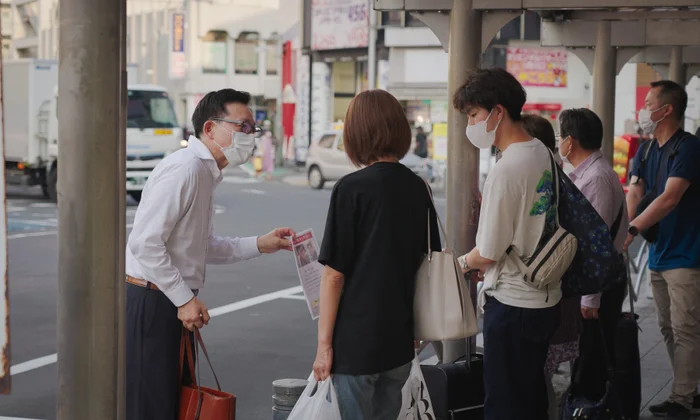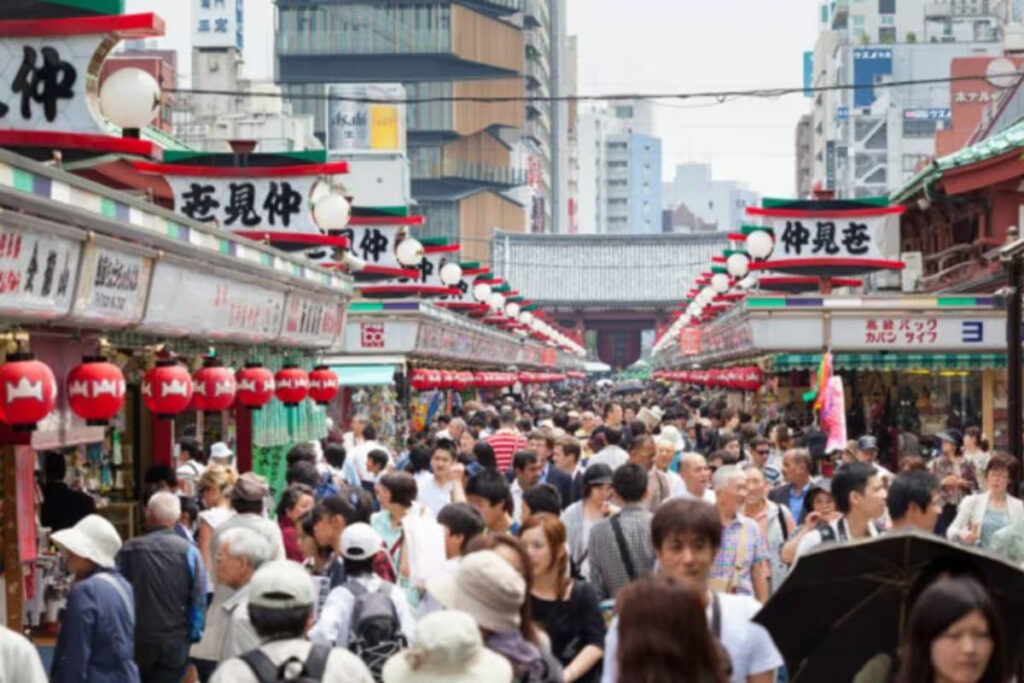Imagine a society where people can deliberately disappear without warning, leaving behind their families, homes, and identities.
This phenomenon, known as “Johatsu” or “evaporation,” is a reality in Japan, where thousands of people vanish every year.
The Pressure to Disappear
For those who become Johatsu, the reasons are varied but the goal is the same: escape.
They may feel trapped by crushing debt, abusive relationships, or the intense expectations of Japan’s work culture.

The pressure to conform can be overwhelming, and some individuals see disappearance as their only way out.
The Night Movers: Facilitators of Disappearance
To facilitate their escape, many turn to specialized companies known as “night movers.” These discreet services operate under the cover of darkness, helping clients relocate silently.
They pack up belongings, transport them, and even assist in forging new identities – sometimes providing emotional support to help people begin again. Fees range from ¥50,000 to ¥300,000 ($450–$2,600).
A Devastating Consequences for Families
For families left behind, the experience is devastating. With no legal grounds for police to search unless foul play is suspected, loved ones are often left to hire expensive private investigators – or wait in despair.
As one grieving mother said, “With the current law, all I can do is check if a dead body is my son – that’s all that’s left for me.”
A Life of Isolation and Secrecy
Those who vanish often retreat to small towns, take low-profile jobs, and live under the radar. They avoid digital footprints and CCTV, creating new lives in the shadows.
While some find relief and freedom, others struggle with loneliness, fear, and the stigma of their decision.
Johatsu offers a haunting glimpse into the darker side of Japanese society – where emotional suppression, honor, and shame can drive people to erase themselves entirely.

